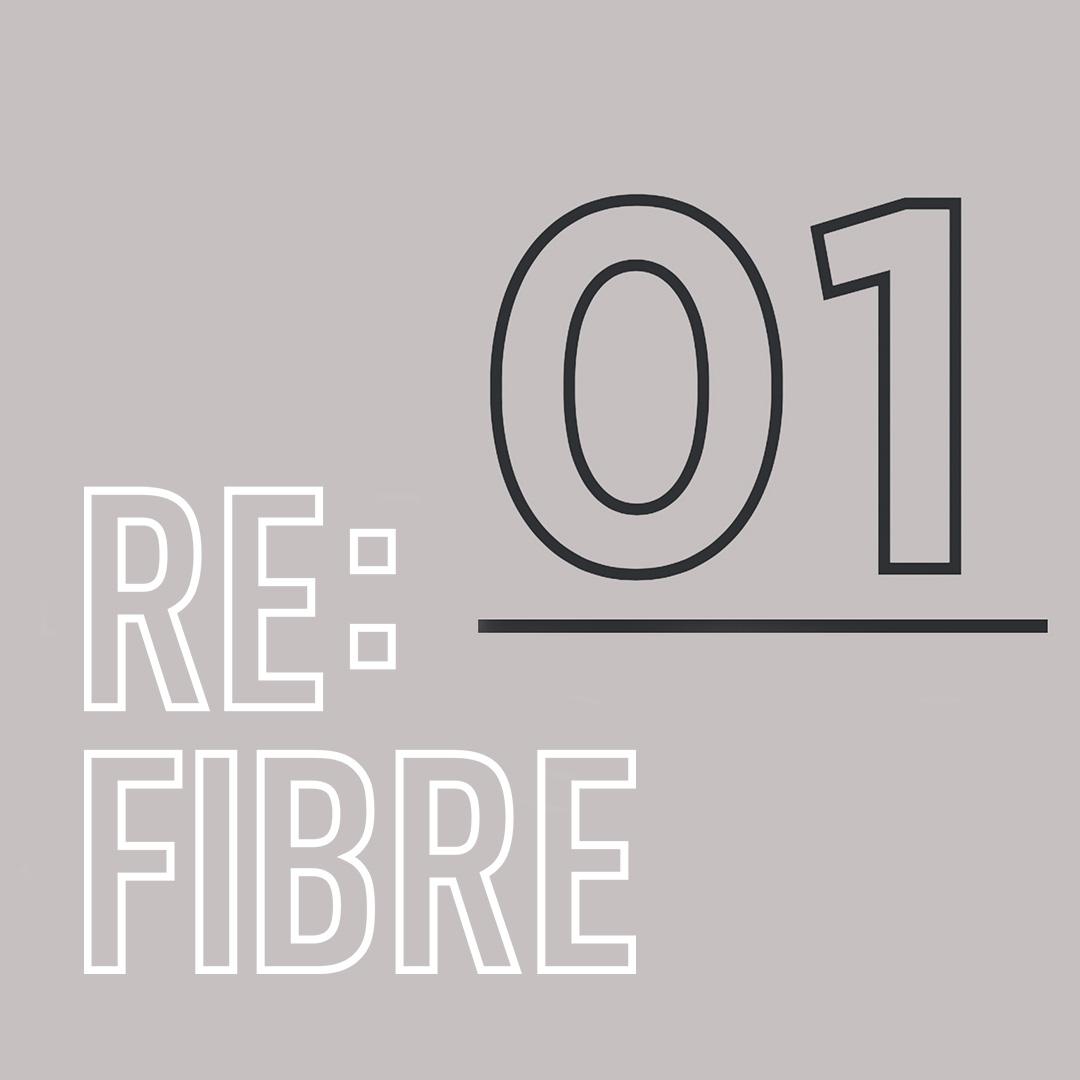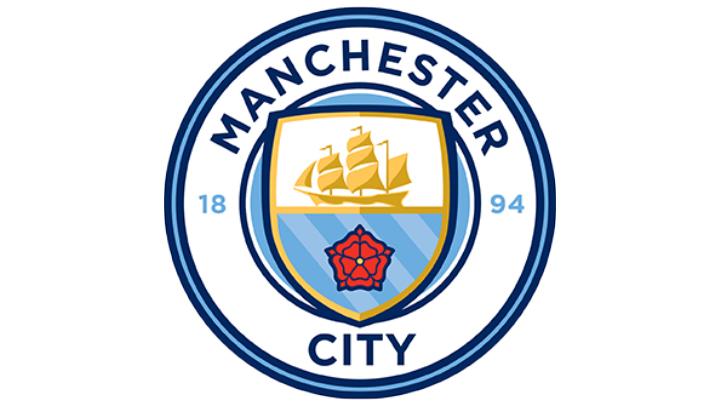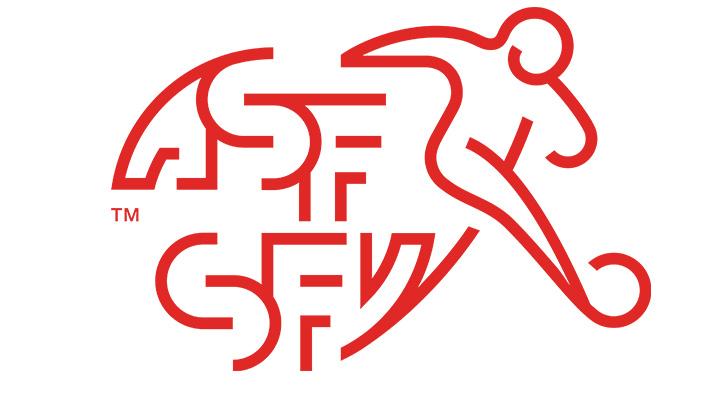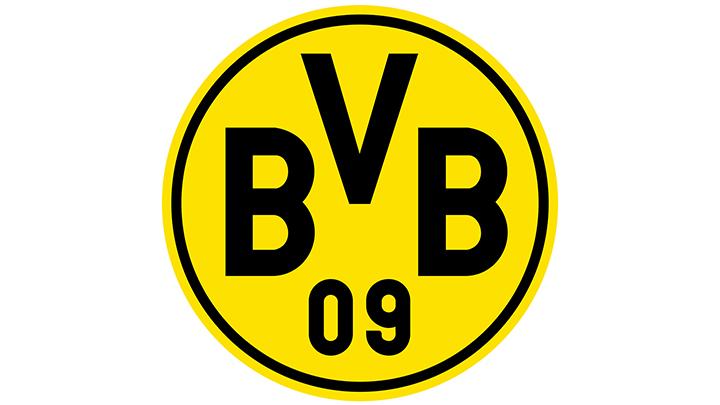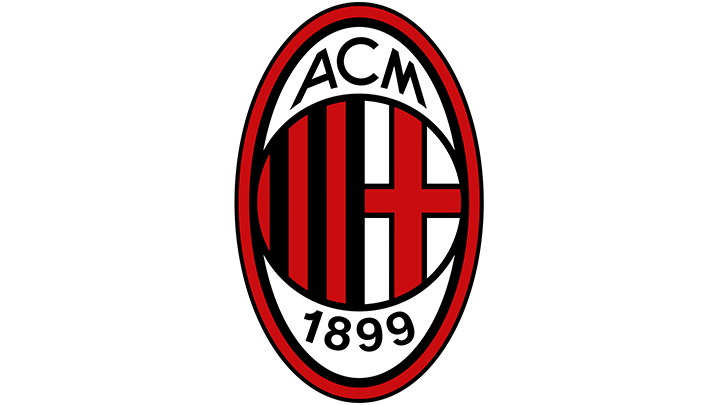RE-Fibre
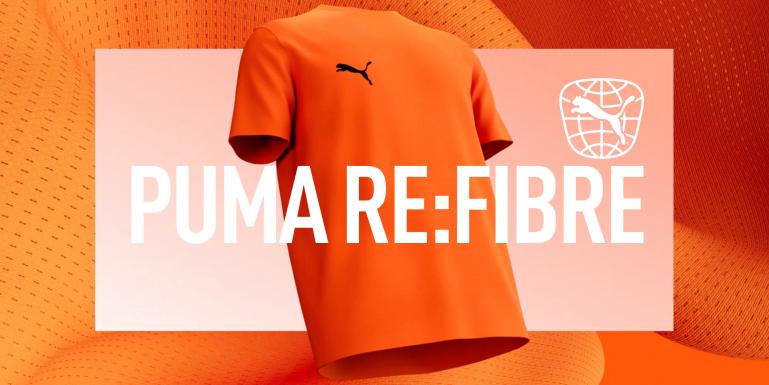
PUMA'S PROGRAM TO TRANSFORM TEXTILE WASTE AND OTHER USED MATERIALS INTO NEW TEXTILES
RE:FIBRE'S RECYCLING PROCESS
The RE:FIBRE process focuses on textile waste as the primary source of material, which is broken down on a chemical level to create new textiles. The recycled material is just as good as new and can be used for recycling again and again without losing quality – making RE:FIBRE a promising and more sustainable long-term solution for recycling polyester textile waste.
All RE:FIBRE garments are made of at least 95% of recycled textile waste and other used materials made of polyester.
While most of our recycled polyester to date has been made from PET bottles, RE:FIBRE garments use textile waste as main source of material. With the innovative RE:FIBRE program, PUMA can repurpose collected textile waste and other used materials to create new textiles.
All RE:FIBRE garments are made of at least 95% of recycled textile waste and other used materials made of polyester.
The traditional way to recycle plastic usually heavily focuses on plastic bottles as a source of material, and those are shredded and turned into new textiles. However, this process isn’t working well for recycling polyester textile waste.
The RE:FIBRE process focuses on textile waste as the primary source of material, which is broken down on a chemical level to create new textiles. The recycled material is just as good as new and can be used for recycling again and again without losing quality – making RE:FIBRE a promising and more sustainable long-term solution for recycling polyester textile waste.
PUMA plans to increase its overall usage of recycled polyester (by weight) to 75% by 2025 across its Apparel and Accessories products. We will announce our targets after 2025 at a later stage.
Until now, the RE:FIBRE program allowed us to collect valuable hands-on experiences and learnings on more long-term viable and sustainable recycling solutions. We keep trying to scale up what works and strive to include more and more new partners to be part of this circular journey.
When making new garments, RE:FIBRE program releases less CO2 into the environment compared to if they were made from non-recycled virgin polyester.
Like many major actors in the industry, PUMA uses recycled plastic bottles as a main source of material to produce its garments made of recycled polyester.
Through the RE:FIBRE program, PUMA aims to take more responsibility to reduce the impact of textile waste via a long-term solution for recycling
No. PUMA will accept products from any brand for recycling through the RE:FIBRE program. However, certain products may not be suitable for the RE:FIBRE recycling process due to their composition. In such cases, PUMA's sorting partners will ensure that these items are appropriately repurposed or disposed of through other channels.
This is no problem. Although your garment cannot be worn anymore, it might still be possible to recycle the raw material. You can still bring it back to our take-back bins.
For now, you can find take-back bins in the following football club stores Manchester City, AC Milan, BVB, Olympique Marseille, Girona, Jelmoli Stores in Swizterland and the PUMA retail store in Herzogenaurach. More take-back points will open soon!
Collected products are shipped to an external partner who sorts the products according to different quality criteria. One large sorting facility is in Wolfen (Germany). https://www.ico-spirit.com/en/
We can only recycle 100% polyester garments. Products not made of 100% polyester will be repurposed.
No. This program aims to raise awareness of what happens to products at the end of their lifecycle, reduce waste, and pave the way for a more circular production model.




